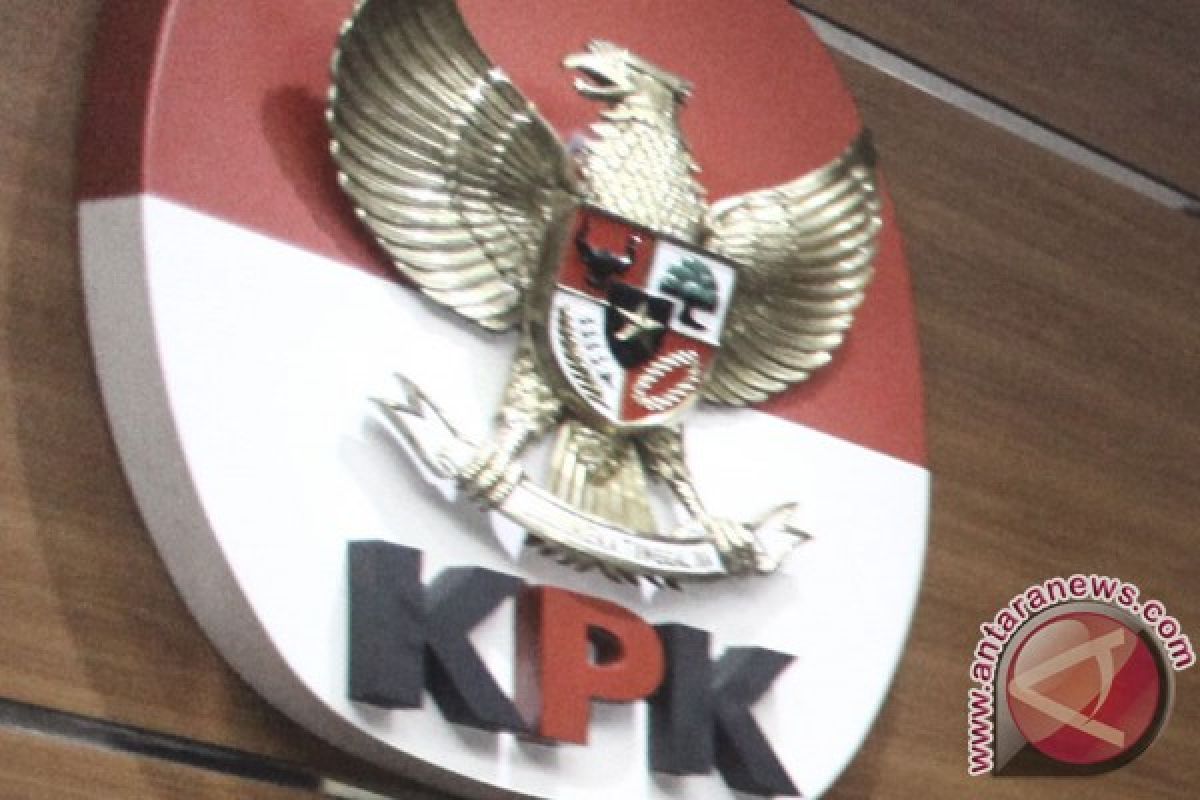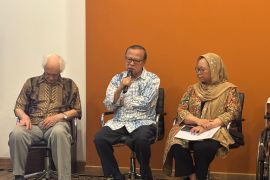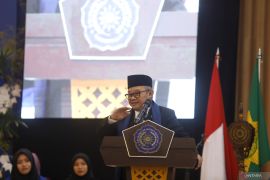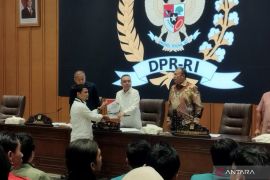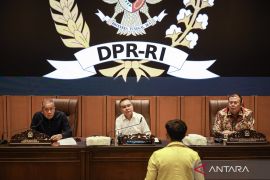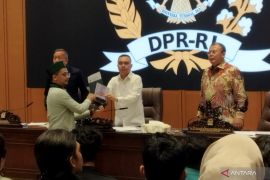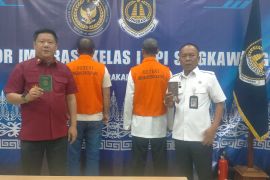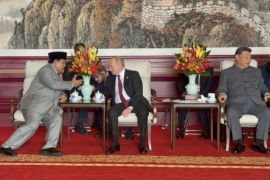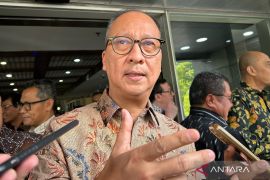The IPK score of Indonesia was 37 in 2017 or the same as in the previous year.
The condition is worsened by corruption committed by law enforcement officials -- police, prosecutors and judges, Laode said here on Saturday.
"This time, rampant political corruption and corruption by police, prosecutors and judges is still the pulling down factor (for the low IPK)," he said.
Based on a survey by the Transparency International Indonesia (TII) the IPK score of Indonesia in 2017 was 37 unchanged from the previous year, under the scale of 0 - 100 with 0 most corrupt and 100 the least corrupt.
With the score, the rating of Indonesia sank to 96 among 180 countries in 2017 from 90 of 176 countries.
"Fortunately there was special record from TII that the KPK`s performance is appreciable although treated as `enemy` by the Parliament and the Government officials," Laode said.
The TII survey said "Indonesia has gone through long way of fighting corruption but it was difficult to improve its rating. In the past five years, the Indonesian score rose only slightly from 32 to 37. The increase was insignificant as KPK faced strong opposition from the government officials and the country`s lawmakers in its fight against corruption".
"Indeed it is true that there is still opposition to KPK`s campaigns against corruption in Indonesia," Laode said.
Indonesia`s IPK in 2017 , according to the TII report was still below the global average of 43 and ASEAN`s 41. Among the 11 member countries of ASEAN , Indonesia has the same score as that of Thailand. Indonesia is even below Timor Leste which has a score of 38. Singapore has a score of 84, Brunei Darussalam 62 and Malaysia 47.
IPK score is measured from nine sources of data in indices from legal, economic, political to democracy sectors.
TII researcher Wawan Sujatmiko said one factor causing the decline in Indonesian score was shrinking index of World Justice Project 2017 which measures the effectiveness of law enforcement and integrity of law enforcement officers.
Based on KPK`s data , from 2004 to 2017, there were 17 judges and 7 prosecutors arrested on corruption charges. In addition, there were 144 lawmakers, 69 city mayors and regents and 18 governor facing legal process.
(T.SYS/A/H-ASG/A/H-YH)
Reporter: SYSTEM
Editor: Heru Purwanto
Copyright © ANTARA 2018
